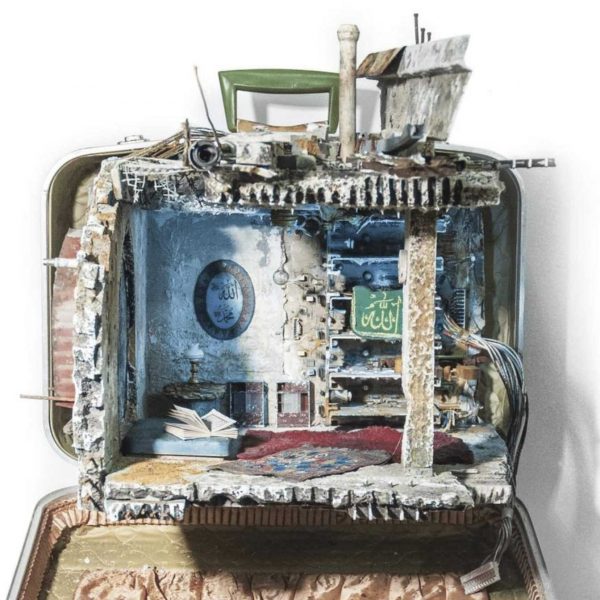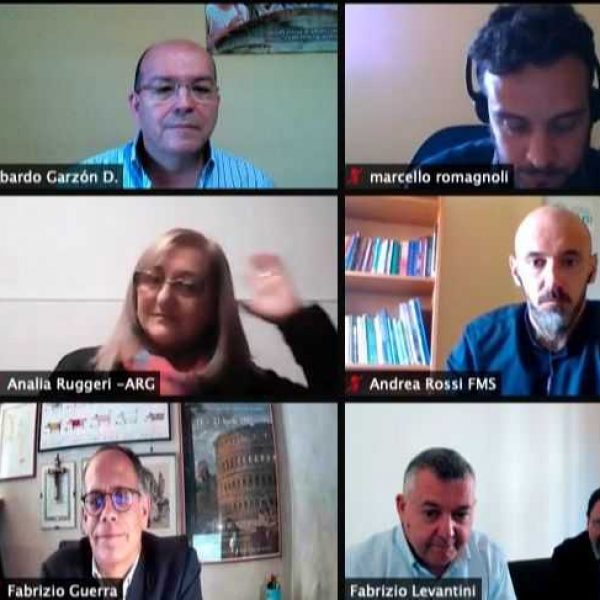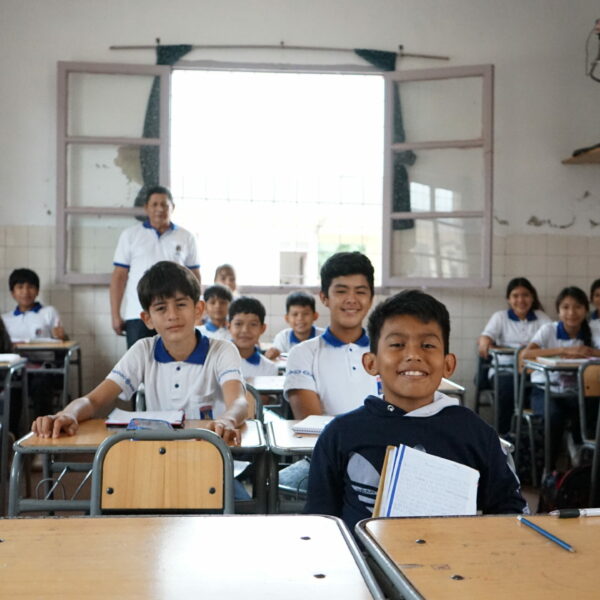Madagascar: The Other Face of Paradise
It is possible to fully grasp and understand certain socio-environmental situations only when you see them with your own eyes and can truly touch them with your hands. The static, cold screen of a computer — even if it allows me to stay connected constantly with the whole world — does not give the real, deep perception of other people’s lives. Doing research, reading and producing data can never be equated with actually meeting the children and schools behind those statistics. This is what I tell myself every time I board a plane that takes me to the other side of the world.
And this is what I was telling myself even during the flight that took me from Rome to Antananarivo, the capital of Madagascar. Despite the widespread and superficial idea people have of Madagascar — expanses of sand and crystal waters — the real face of the country is far from the perception Westerners have of it. Away from the tourist attractions one becomes aware of how much that image is instrumentalized and how different it is from the reality and the lived experience of its inhabitants.
Madagascar is, in fact, one of the poorest nations in the world. Despite its productive potential, the socio-economic vulnerability of its people is constantly increasing: with GDP in free fall for years now, repeated political crises, and natural and environmental disasters, the country is regressing in terms of development and improvement of living conditions.
This decline is confirmed by the value of the Human Development Index, which for 2023 was 0.487, a factor that places the country in the lowest category of the reference scale (177th out of 193 countries). Education in Madagascar represents an urgent and priority need since only one child out of three completes the Primary education cycle, resulting in about 97% of children around ten years old being unable to read and understand a text suitable for their age. The low rates of enrollment and school retention are due to widespread poverty, early marriage (2 girls out of 5 marry before the age of 18), child labor (47% of children between 5 and 17 are employed in forms of labor exploitation), the student-teacher ratio of 46:1 (World Bank 2021) .
The low educational standard is partly caused, and certainly aggravated, by the poor educational level of the teaching staff, which shows a rate of 97% of teachers lacking a diploma or specific professional qualifications (UNICEF data). Violence against children is tragically widespread in the country: nine out of ten are victims of violent discipline.
Extreme poverty has given rise to a widespread phenomenon throughout the country, particularly in the South: transactional sex. This is an extremely common phenomenon: such an unfair sexual-economic exchange is favored by social structures of gender inequality; girls are still forced to earn money to pay school fees or to support the family. “Selling daughters is not just a metaphor, because in some regions there are still “women markets”. (Freedman, Rakotoarindrasata; Randrianasolorivo).
So I find myself in a place very different from my usual surroundings, immersed in a reality dramatically discordant. Comparison with people and situations here is difficult: you must empathize. To understand, it is necessary to assimilate, penetrate, and allow yourself to be filled with the sensations that these places, people, and situations evoke.
The stories we are told by local people are sad, touching, yet children and young people manage to transmit joy and love with their enthusiasm for the small things, for simple games made with recycled play materials, for the happiness of having us among them. They involve you with their spontaneous gestures, they overwhelm you. What tires me more than anything else during my travels is not the flight, nor long layovers or endless car journeys to reach remote villages. What disturbs me instead is feeling “in the wrong” for representing, by virtue of my geographic origin, a world, the Western world, that the other half, the disinherited of the earth, imagines as the better one.
I feel the discomfort, while infinitely appreciating its content and intentions, of being at that moment the person who comes from afar, for whom the local community for days prepares an appropriate welcome, setting up welcome ceremonies and striving to obtain and create small gifts. This is what touches the heart the most: knowing that in the midst of their complicated daily lives there is time and a way to think of other human beings by giving of the little that is possessed, sometimes only the warmth of a smile or a festive greeting dance. And every time I wish I were the one on that stage, I wish I were the one putting them at the center of everything, just as I chose this work nine years ago.
I wish there were no ‘us’ who come from afar and a ‘them’ who wait. I do the job I most desired to do, a choice I renew every morning with passion; yet, I wish to wake up one day in a world where my work is no longer necessary.
“At whatever latitude, we are part of the same community. Every man, every woman, every child on this planet, wherever they are born and live, has the right to life and dignity. The same rights we claim for ourselves belong also to all others. Without any exception. Let us remain human. Even when around us humanity seems to be lost.”
Vittorio Arrigoni




